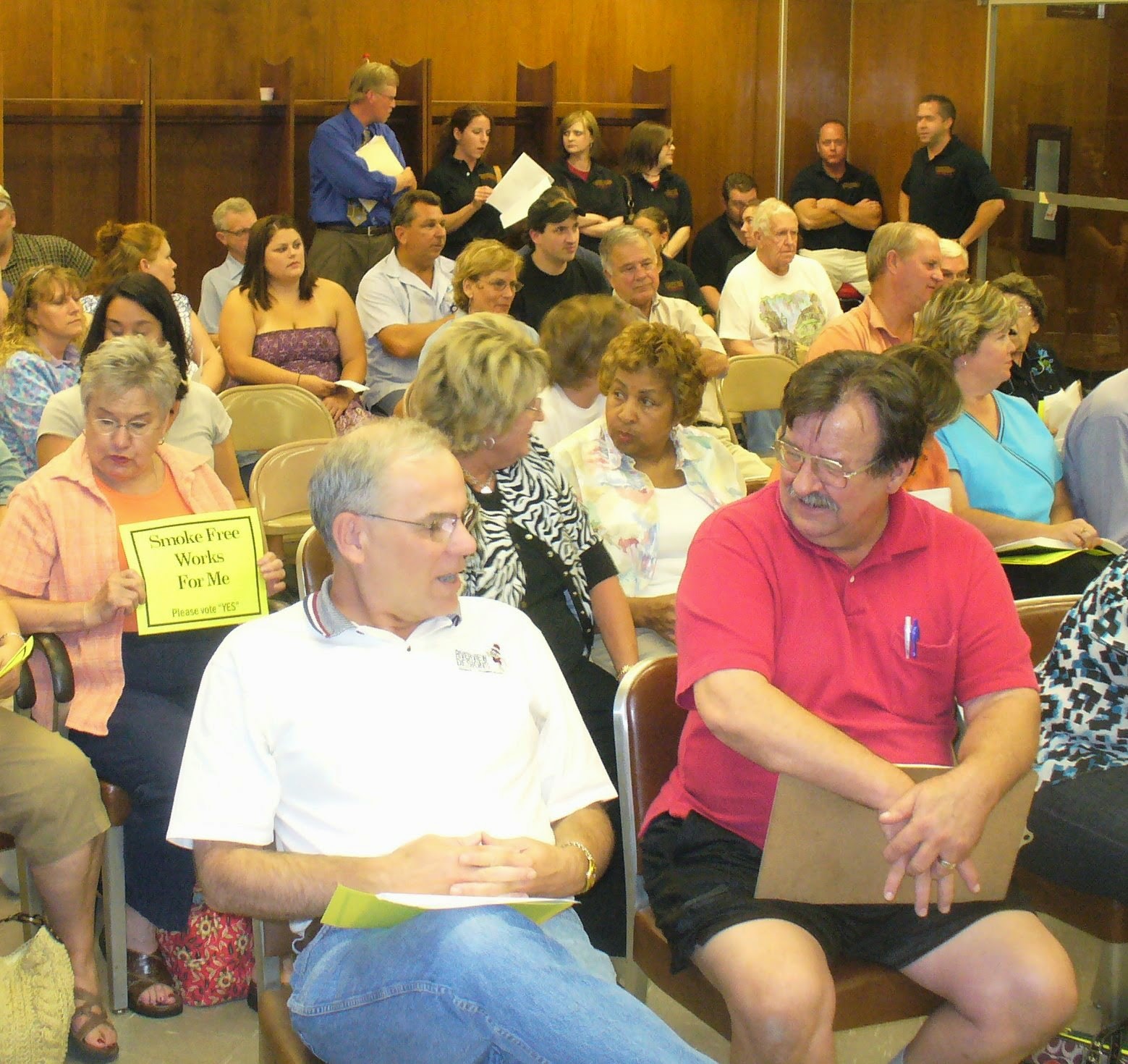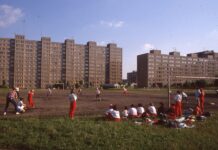
It is both sad and riotous to imagine letter scores for New Albany’s rental properties.
Should Landlords Be Licensed?, by Kriston Capps (City Lab)
Toronto is considering an experiment that would give landlords and apartment buildings restaurant-style grades.Last week, a Toronto City Council committee voted unanimously to endorse a new licensing regime for landlords. The proposal would institute a system for grading landlords of buildings of a certain size for conditions such as mold, bedbugs, working elevators, water cleanliness, and working air conditioning. If the full council proceeds with the idea, landlords will be subject to licensing and, potentially, grades that they will be required to post in building lobbies—the same way restaurants do in some cities.
While some of the details have yet to be determined, the bill would require landlords of rental buildings of three or more stories or 10 or more units to pay a licensing fee of $12 to $15 per unit, per year. The fees would defray the roughly $3.5 million cost for executing annual audits. The program would call for detailed building management plans from landlords; currently, inspections typically follow complaints. The Association of Community Organizations for Reform Now (ACORN) supports landlord licensing, while the Greater Toronto Apartment Association opposes it.
Toronto Mayor John Tory has expressed some doubts about whether licensing landlords is necessary or workable. But to some extent, that question has already been answered. Rentlogic, a Canadian company that uses open data to provide a better rental market for prospective tenants, has built a tool, LandlordWatch, that ranks the worst landlords in Toronto, based on the number of investigations into the condition of their buildings and resulting violations.











